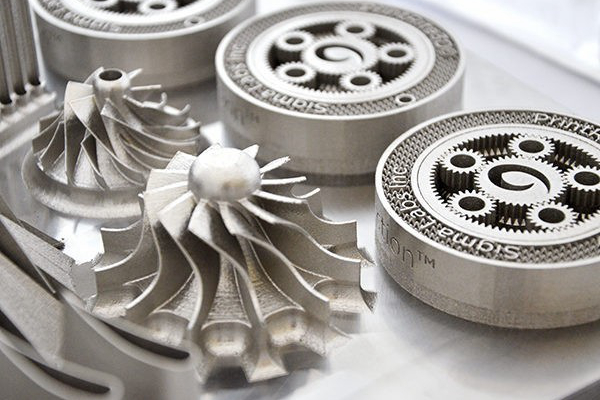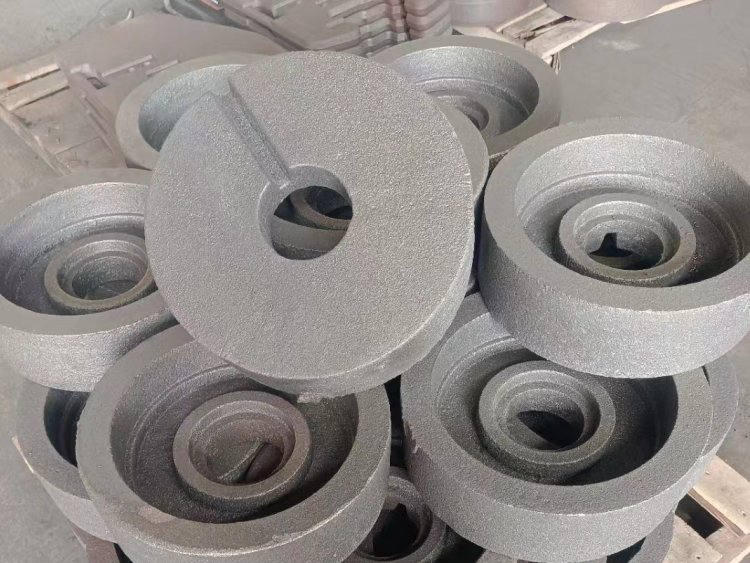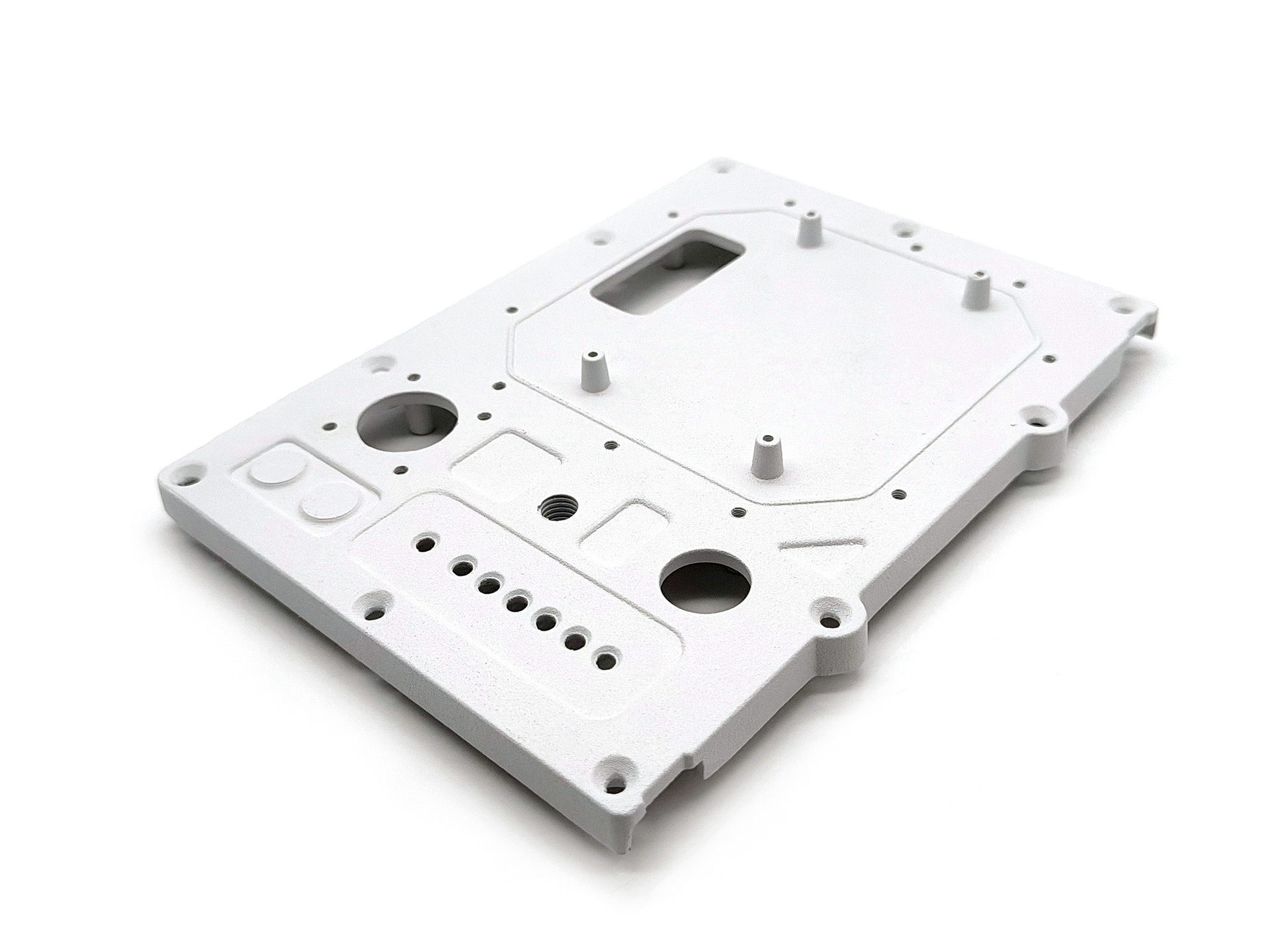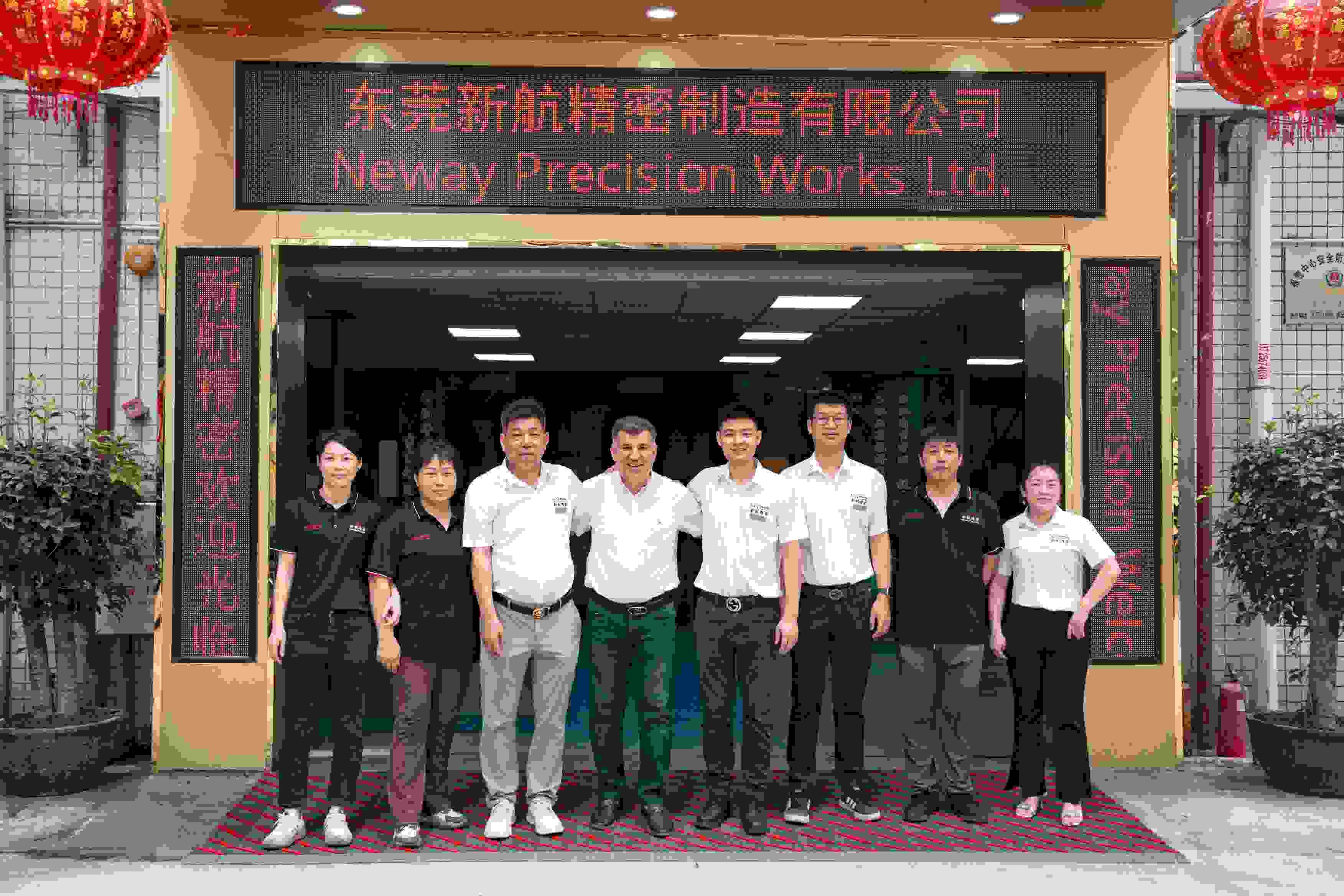Which aluminum alloys are most common in automotive die casting?
Most Common Aluminum Alloys Used in Automotive Die Casting
Automotive Requirements for Die Cast Aluminum
Automotive die cast components demand high strength-to-weight ratios, corrosion resistance, thermal stability, and tight dimensional tolerances. Aluminum alloys used in this sector must conform to standards such as SAE J452 and ASTM B85, offering optimal fluidity, mechanical properties, and fatigue resistance suitable for structural and drivetrain applications. Several aluminum die casting alloys have become industry staples due to their well-balanced properties and reliability in high-volume manufacturing.
Top Aluminum Alloys for Automotive Applications
A380: Industry Standard for Versatile Applications
A380 is the most commonly used aluminum die casting alloy in the automotive industry. It offers an excellent balance of strength, weight, thermal conductivity (96 W/m·K), and castability. A380 is widely used for transmission cases, engine brackets, and structural housings. It meets ASTM B85 and offers tensile strength around 317 MPa with good corrosion resistance.
A360: Superior Corrosion and Fluidity
A360 provides better corrosion resistance and pressure tightness than A380. Its improved fluidity makes it suitable for thin-walled, intricate automotive parts like electronic control unit housings and precision structural elements. Tensile strength typically reaches 330 MPa, and it resists porosity, ideal for sealing surfaces.
AlSi10Mg (EN AC-43500): Structural and High-Thermal Use
AlSi10Mg is widely used in both cast and additively manufactured automotive parts. It has high mechanical strength and good thermal conductivity, making it suitable for heat sinks, powertrain covers, and battery pack structures. This alloy can achieve tensile strength over 320 MPa after heat treatment and supports T6 aging for improved fatigue resistance.
A356: Precision Components and Heat-Treatable Structures
A356 is a heat-treatable alloy used where strength and elongation are critical—often in steering knuckles, suspension arms, and chassis nodes. It performs well in high-performance and lightweight applications and supports T6 treatment for added strength (up to 340 MPa).
ADC12 (A383): Japanese and Asian Market Standard
ADC12, equivalent to A383, is a standard alloy in Asian automotive manufacturing. It features enhanced castability and thermal performance, often used in engine blocks, housings, and electronic modules. It’s favored for its reduced porosity in high-volume production.
Supporting Services for Automotive Casting Projects
To support high-performance automotive applications, we recommend:
Material-Specific Casting Services
Aluminum Die Casting: Covering a wide range of alloys from A380 to A356 for vehicle structural and engine components.
Design and Prototyping Support
Die Castings Design Service: DFM for automotive components to optimize flow, cooling, and tooling lifecycle.
Rapid Prototyping: Quickly validate designs for engine parts, covers, and housings.
Post-Casting Processes
Post Machining: CNC finishing to meet tight tolerances in functional or load-bearing automotive components.
Our one-stop service ensures complete development and mass production of high-spec automotive aluminum castings.



